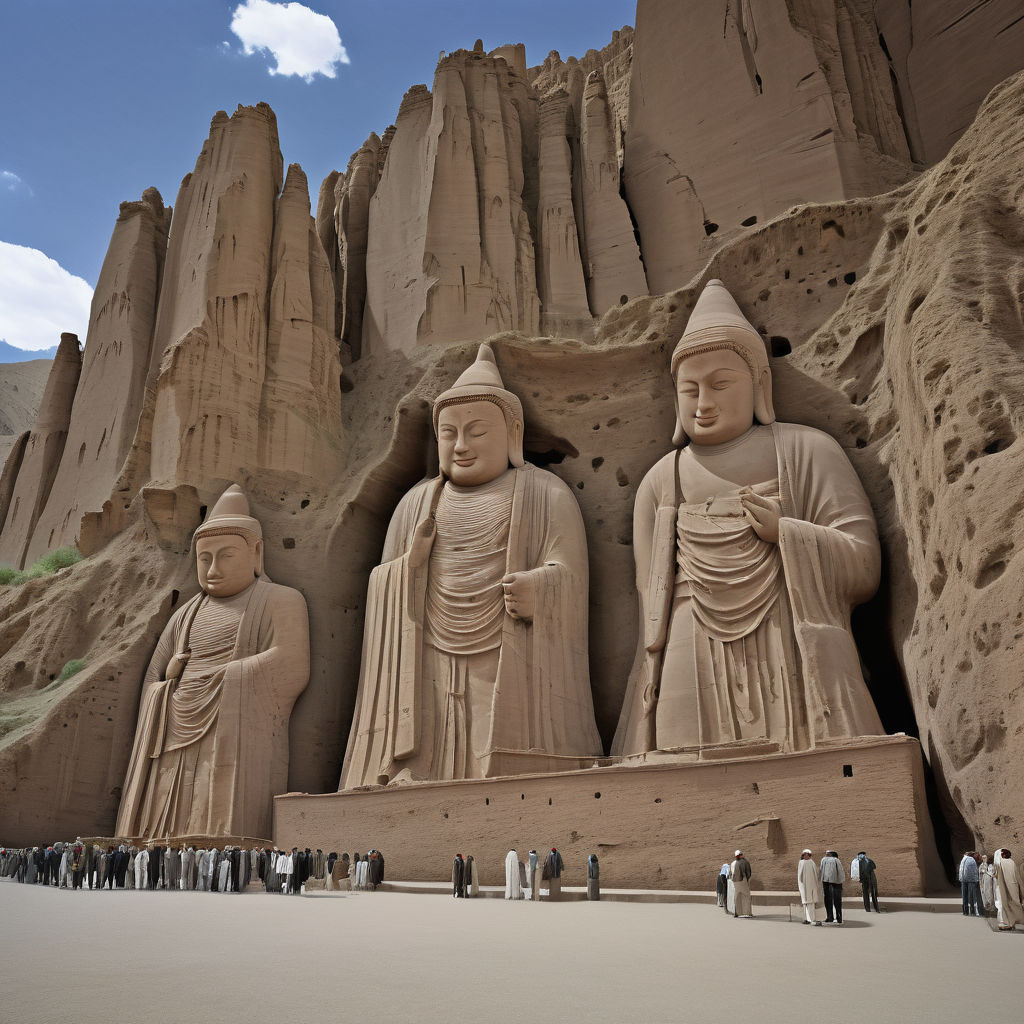Discover Afghanistan: A Land of Rich Cultural Heritage and Traditions
Exploring the Cultural Tapestry and Cross-cultural Dynamics of Afghanistan

Introduction to Afghanistan
Afghanistan, located in South-Central Asia, is a landlocked country bordered by Pakistan to the east and south, Iran to the west, Turkmenistan, Uzbekistan, and Tajikistan to the north, and China to the northeast. The country’s major cities include Kabul, the capital, which serves as the political, economic, and cultural hub, Herat, known for its historical sites and trade connections with Iran, and Kandahar, a pivotal city in the country’s southern region. Afghanistan’s rich cultural heritage is a blend of various influences, including Persian, Greek, and Indian civilizations, and is marked by its unique traditions in poetry, music, and art.
Cross-national and Cross-cultural Understanding
Afghanistan has a complex relationship with other cultures, shaped by its tumultuous history and diverse ethnic composition. Despite ongoing conflicts, there is a growing awareness and appreciation of the need for cross-cultural understanding. The Afghan people generally view engagement with other cultures as an opportunity for growth and learning, although this perspective can vary widely depending on regional, ethnic, and socio-economic factors. Educational programs and international partnerships play a crucial role in promoting cross-cultural understanding. Various NGOs and international organizations operate in Afghanistan, focusing on educational exchanges and capacity-building initiatives. Programs like the Fulbright Scholarship and partnerships with universities in Europe and the United States have enabled Afghan students and professionals to gain exposure to different cultures, fostering a more global outlook.
Interactions and Social Dynamics
Interactions between Afghans and foreigners are influenced by a mix of traditional values and modern influences. Social behaviors in Afghanistan are deeply rooted in hospitality, respect, and honor. Afghans are known for their warmth and generosity towards guests, a trait that is central to their cultural identity. Communication styles in Afghanistan can be quite formal, especially in initial encounters. Politeness and respect are paramount, and it is common to address people by their titles. Non-verbal communication, such as gestures and body language, also plays an essential role. For instance, direct eye contact may be avoided as a sign of respect, particularly in interactions between men and women. Multilingualism is a significant asset in Afghanistan, with Dari and Pashto being the official languages. Many Afghans, especially in urban areas, are also proficient in English, which facilitates communication with foreigners. The ability to speak multiple languages not only aids in practical communication but also enhances cultural understanding and appreciation.
Views on Dating and Relationships
Dating and relationships in Afghanistan are governed by traditional cultural and religious norms. Public displays of affection are generally frowned upon, and relationships are typically conducted with a high degree of privacy and discretion. Arranged marriages are common, and family approval is often crucial in the formation of relationships. Relationships between Afghans and foreigners are rare and can be viewed with suspicion, particularly in rural areas. However, in urban centers like Kabul, there is a growing acceptance of intercultural relationships, especially among younger generations. Understanding and respecting cultural norms and traditions is essential for anyone considering a relationship with an Afghan national.
Marriage and Family
Marrying foreigners in Afghanistan involves navigating both cultural and legal landscapes. Legally, the process is relatively straightforward, but social and familial considerations can be more complex. Family approval is paramount, and marriages often involve extended family members in the decision-making process. Cross-cultural marriages in Afghanistan face unique challenges, including cultural differences, language barriers, and varying expectations regarding gender roles and family responsibilities. However, these marriages also offer opportunities for cultural enrichment and mutual understanding. They can serve as a bridge between different cultures, fostering greater tolerance and appreciation for diversity. Traditional Afghan weddings are grand celebrations, often lasting several days and involving numerous rituals and ceremonies. These events are not just a union of two individuals but also a merger of families and communities, highlighting the importance of social bonds and collective identity in Afghan society.